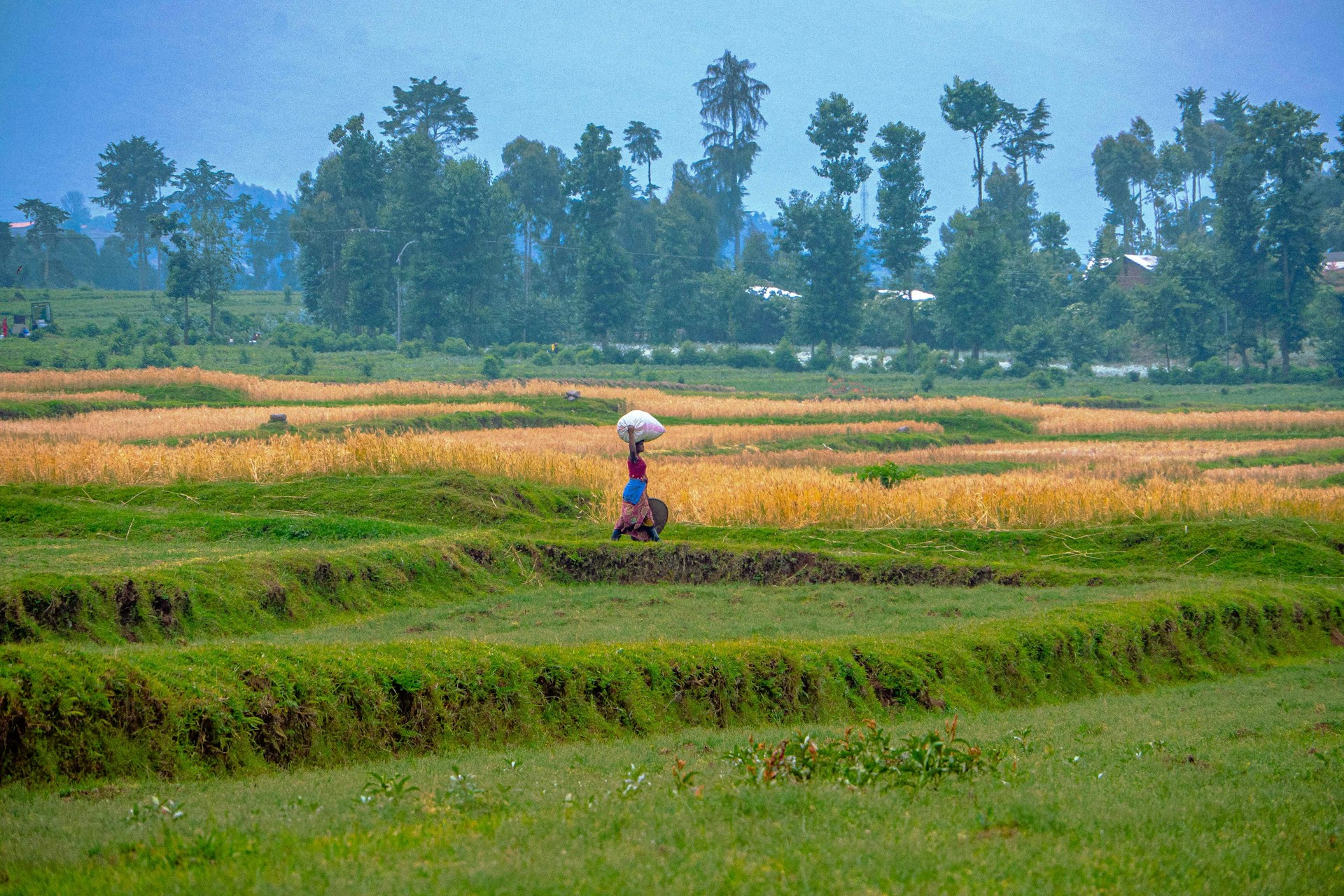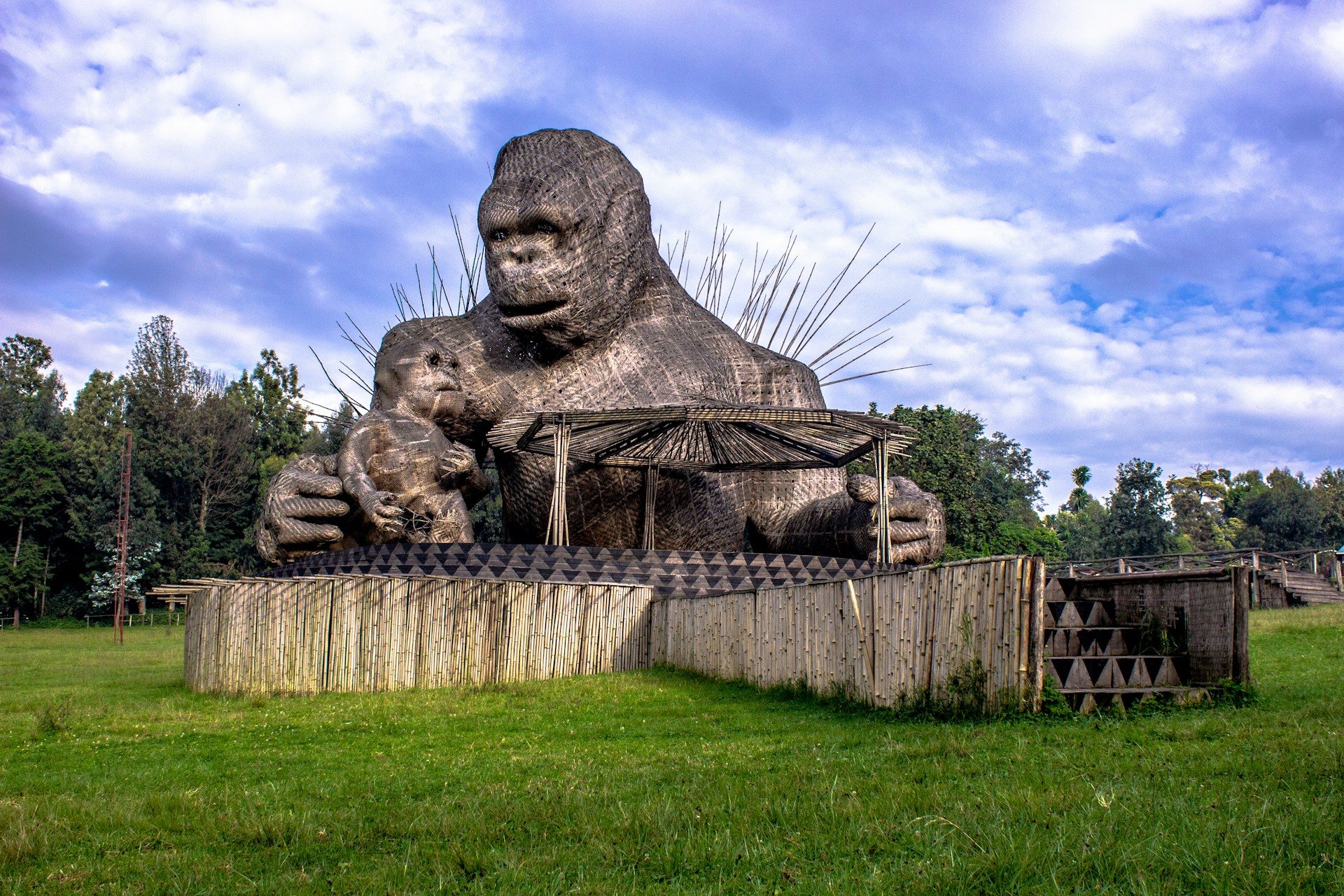
How this African country reconciled in the aftermath of tragedy.
August 1, 2025
Rwanda is a landlocked country in the Great Rift Valley of East Africa. Located a few degrees south of the Equator, this small republic is bordered by Uganda, Tanzania, Burundi, and the Democratic Republic of the Congo.
Visiting Rwanda is a powerful experience, combining stunning landscapes, unique wildlife, and a vibrant culture. However, this country has a deeply moving recent history, which travelers are advised to familiarise themselves with before traveling.
The Rwandan genocide was a mass killing that took place from April 7, 1994, until July of the same year. An estimated 800,000 to 1,000,000 people lost their lives during what is considered one of the most tragic crimes against humanity in modern history.
Rwanda’s population had formerly consisted mainly of around 85 percent Hutu people, around 14 percent Tutsi people, and a small Twa minority. Divisions between these ethnic groups were exacerbated during colonial influences, with the Hutu people claiming a majority rule after the independence of Rwanda in 1962. This saw the outbreak of anti-Tutsi violence, which lasted for the following decades. On April 6, 1994, a plane carrying the Rwandan Hutu President Juvénal Habyarimana was shot down, thus prompting a genocide largely at the hands of the Interahamwe militia group.
The genocide ended when the Rwandan Patriotic Front (RPF), a Tutsi-led rebel group based in Uganda and led by Paul Kagame, captured the city of Kigali in July 1994. Only a quarter of the Tutsi ethnic group survived the genocide, and the country was left devastated by what happened.

These days, Rwanda is concerned with healing, rebuilding, and reconciliation. Hutu and Tutsi communities do remain, yet all citizens are known simply as Rwandans and co-exist peacefully. The countless memorials spread across the country ensure genocide victims are remembered and that history is not denied. Foreign travelers are welcome to visit these memorials in the company of a local guide. In fact, Rwandans speak openly with tourists about the impact of the genocide.
Rwanda has become a leader in female political representation: over 60 percent of the country’s parliamentarians are women. Women made up most of the surviving population in the aftermath of the genocide and their taking up of political roles has seen Rwanda prioritize the advancement of laws against gender-based violence, improvements in maternal healthcare, and the promotion of girls’ education.
Another impact of the genocide saw a demographic gap, with 60 percent of Rwandans being under 25. This young, female-majority generation is considered a pioneer in environmental sustainability.
Cultural tourism and ethical wildlife experiences have provided jobs and new identities for communities in Rwanda. Highlights of a trip to Rwanda include gorilla trekking, safari experiences in Akagera National Park, birdwatching in Nyungwe Forest Park, and coffee plantation tours near Lake Kivu. The Kigali Genocide Memorial is an important destination for travelers seeking a deeper understanding of the genocide and the resilience of the Rwandans.
Visiting Rwanda is a life-changing experience, and tourism is vital to the country’s continued efforts. Contact Darby at Darby’s Destinations to design a bespoke itinerary to Rwanda.